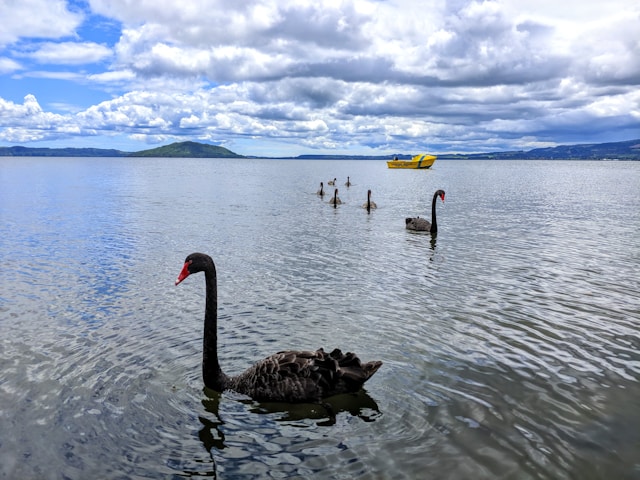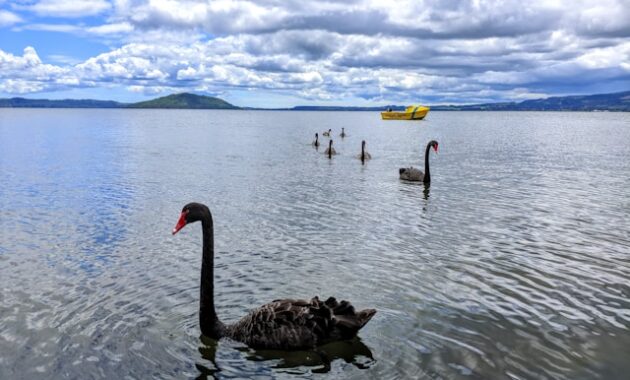
New Zealand, or Aotearoa as it is known in the Maori language, is a land steeped in history and culture. From the ancient traditions of the Maori people to the transformative period of European colonization, the nation’s story is one of resilience, adaptation, and the blending of diverse heritages. Join us as we delve into the intricate tapestry of New Zealand’s Maori and colonial history, a journey that offers profound insights into the nation’s identity today.
The Origins of the Maori People
The Maori people, Polynesian settlers who arrived in New Zealand over 1,000 years ago, are the indigenous people of the land. Navigating vast oceanic distances in waka (canoes), they brought with them a rich culture, language, and traditions that continue to thrive today.
The Arrival and Settlement
Maori ancestors settled across New Zealand, developing distinct iwi (tribes) and hapu (sub-tribes) based on regional landscapes and resources. Their relationship with the land, or whenua, was deeply spiritual and central to their identity. Maori communities thrived on hunting, fishing, and horticulture, cultivating crops like kumara (sweet potato).
Cultural Practices and Beliefs
Central to Maori culture is the concept of mana (spiritual authority) and tapu (sacredness). These beliefs underpin many aspects of Maori life, from social structures to artistic expressions. The haka, traditional carvings, and the weaving of intricate patterns in flax (harakeke) are not merely art forms but embodiments of their spirituality and history.
European Exploration and Colonization
The arrival of Europeans in the late 18th century marked a turning point in New Zealand’s history. While the initial contact brought opportunities for trade and knowledge exchange, it also introduced challenges that reshaped Maori society.
Captain Cook’s Arrival
In 1769, Captain James Cook’s arrival heralded the beginning of sustained European contact. His expeditions mapped the islands and opened pathways for European settlers and traders.
Missionaries and Early Settlements
Missionaries played a significant role in the early 19th century, introducing Christianity and European agricultural techniques. These interactions were often complex, fostering mutual curiosity but also creating tensions as Maori customs clashed with European norms.
The Treaty of Waitangi: A Defining Moment
The signing of the Treaty of Waitangi in 1840 remains one of the most pivotal events in New Zealand’s history. This agreement, between Maori chiefs and representatives of the British Crown, aimed to establish a framework for coexistence but led to decades of conflict and misunderstanding.
Promises and Misinterpretations
The treaty promised Maori sovereignty over their lands and protection of their rights while granting the British the authority to govern. However, differences in the Maori and English texts of the treaty created ambiguities, leading to disputes over land and governance.
Land Wars and Resistance
The New Zealand Wars (1845–1872) were a series of conflicts arising from these disputes. Maori communities displayed remarkable resilience and ingenuity in defending their territories, but the wars resulted in significant land confiscations and lasting grievances.
The Revival of Maori Culture
Despite the challenges of colonization, Maori culture has experienced a remarkable resurgence, becoming a cornerstone of New Zealand’s national identity.
Language and Education
Te reo Maori, once at risk of extinction, has been revitalized through educational programs and media initiatives. Institutions like kohanga reo (Maori language preschools) play a crucial role in preserving and promoting the language.
Cultural Celebrations
Events like Waitangi Day and the annual Te Matatini kapa haka festival celebrate Maori culture and foster understanding among New Zealand’s diverse communities. Marae (communal meeting grounds) remain central to Maori life, serving as places of cultural preservation and community gatherings.
The Colonial Legacy: A Nation Forged Through Diversity
New Zealand’s colonial history is a story of transformation, marked by struggles for justice and efforts to reconcile the past.
Economic and Social Development
Colonial settlers introduced farming, infrastructure, and institutions that laid the groundwork for modern New Zealand. However, these developments often came at the expense of Maori communities, who faced marginalization and loss of resources.
Reconciliation and Progress
Efforts to address historical injustices have gained momentum in recent decades. The Waitangi Tribunal, established in 1975, provides a platform for Maori to seek redress for treaty breaches. These processes, though imperfect, represent steps toward a more equitable society.
Exploring New Zealand’s Historical Sites
For those keen to immerse themselves in New Zealand’s history, the country offers a wealth of sites that bring its Maori and colonial heritage to life.
Waitangi Treaty Grounds
Located in the Bay of Islands, the Waitangi Treaty Grounds are a must-visit for anyone interested in New Zealand’s founding document. The site features a museum, the historic Treaty House, and a stunning Maori meeting house (wharenui).
Rotorua: A Window into Maori Culture

Rotorua is renowned for its geothermal wonders and rich Maori heritage. Visitors can experience traditional Maori performances, feast on hangi (earth oven-cooked meals), and explore the living Maori village of Whakarewarewa.
Otago Settlers Museum
In Dunedin, the Otago Settlers Museum provides a comprehensive look at the lives of early European settlers and their interactions with Maori communities. Exhibits include artifacts, photographs, and personal stories that shed light on this dynamic period.
Conclusion: A Legacy of Resilience and Unity
New Zealand’s history is a testament to the resilience of its people and the power of unity amidst diversity. The intertwining of Maori and colonial heritages has shaped a nation that values its past while striving for a harmonious future. By exploring this rich history, we gain not only knowledge but also inspiration to build a society grounded in mutual respect and shared identity.